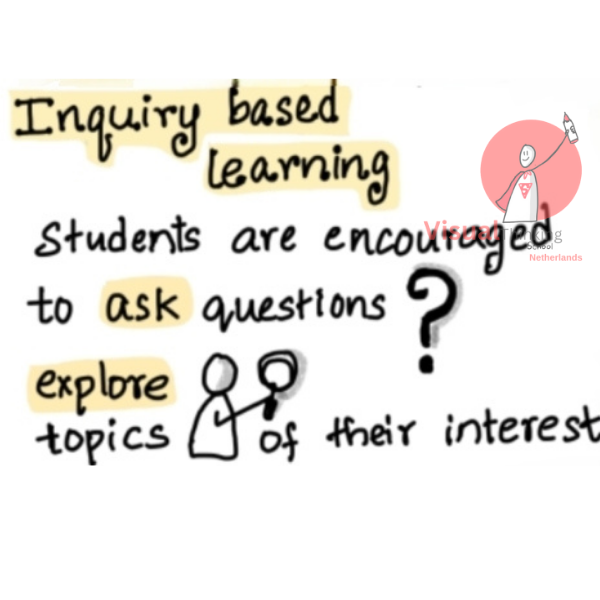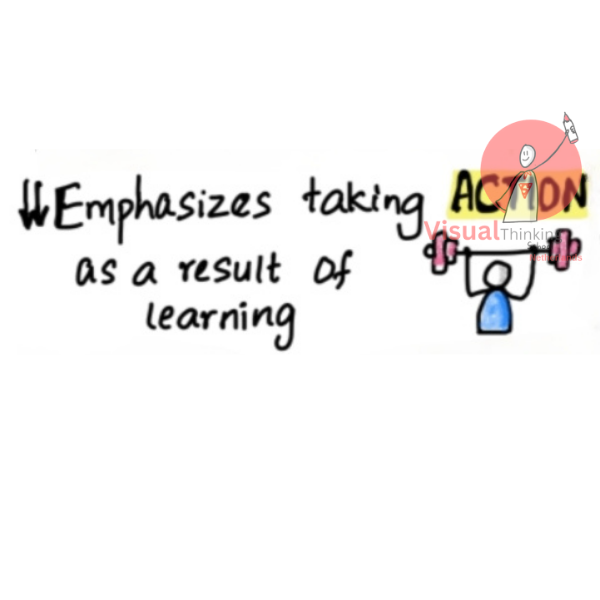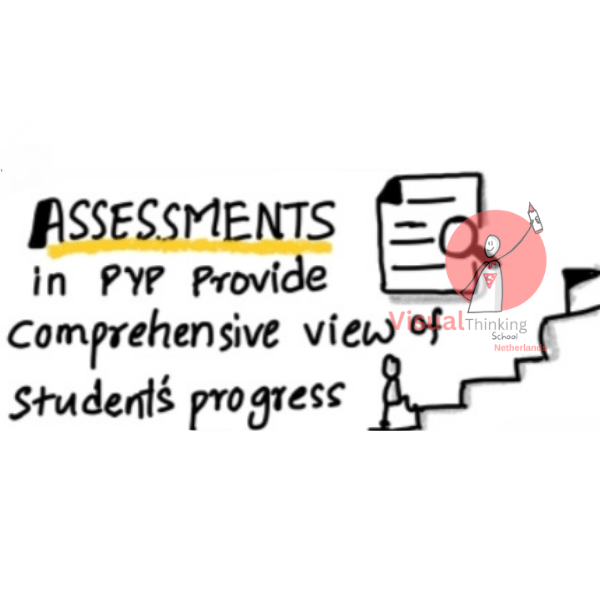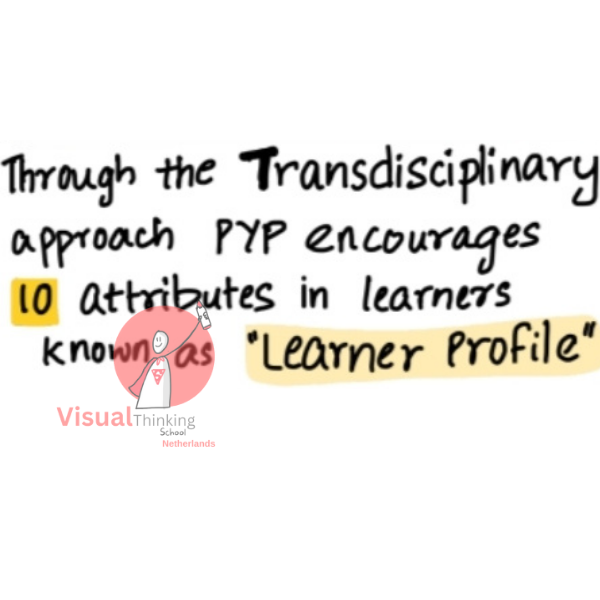

The International Baccalaureate Primary Years Program, or IB PYP Framework, is a dynamic educational framework designed for students aged 3 to 12. It is for its holistic and evidence-based approach to education, fostering a love for learning and nurturing young inquisitive minds. In this blog, we will explore the fundamental aspects of the IB PYP Framework, its curriculum based on six key themes, the emphasis on evidence-based learning, and the transformative role of teachers as facilitators. Let’s delve into the world of IB PYP and discover how it shapes the educational journey of young learners.

The IB PYP Framework, short for the International Baccalaureate Primary Years Programme, is an educational framework designed to cater to students in the age group of 3 to 12. It offers a comprehensive and enriching educational experience that goes beyond conventional teaching methods.
At the heart of IB PYP is the idea of holistic education. It focuses on developing not just academic excellence but also personal, social, and emotional growth. This approach recognizes the importance of nurturing well-rounded individuals who are equipped to face the challenges of the modern world.
One of the cornerstones of IB PYP is inquiry-based learning. Students are encouraged to ask questions, explore topics of their interest, and delve into the depths of their curiosity. This approach instills a lifelong love for learning and empowers students to take charge of their education.

The curriculum of IB PYP is organized around six key themes, each providing a unique lens through which students can view the world:

IB PYP places a strong emphasis on taking action as a result of learning. It’s not enough to acquire knowledge; students are encouraged to apply what they’ve learned to create positive change in their communities and the world. This commitment to action empowers students to become responsible and compassionate global citizens.

Assessment in IB PYP is designed to provide a comprehensive view of students’ progress. It goes beyond traditional testing and includes a range of methods such as observations, portfolios, projects, and self-assessment. This holistic approach to assessment ensures that educators gain a deep understanding of each student’s strengths and areas for growth.

Through the transdisciplinary approach, IB PYP encourages the development of ten attributes in learners known as the Learner Profile. These attributes include being inquirers, knowledgeable, thinkers, communicators, principled, open-minded, caring, risk-takers, balanced, and reflective. These attributes are woven into the curriculum and serve as a guide for nurturing well-rounded individuals.

In the IB PYP Framework, teachers play a transformative role as facilitators of learning. They create an environment where students are encouraged to explore, inquire, and take ownership of their learning. Teachers serve as guides, helping learners make connections across subjects and fostering critical thinking skills.
IB PYP aims to nurture lifelong learners who are not just knowledgeable but also equipped with the skills, attitudes, and values needed to thrive in a rapidly changing world. The emphasis on inquiry-based learning, critical thinking, and a global perspective prepares students for a future. It is where adaptability and creativity are highly valued for lifelong learners.

The International Baccalaureate Primary Years Programme (IB PYP Framework) is a testament to the power of education to transform young minds and shape the future. With its holistic approach, inquiry-based learning, and focus on developing global citizens, IB PYP offers a well-rounded educational experience that goes beyond academics. It instills a love for learning, encourages students to take action, and equips them with the skills and attributes needed to make a positive impact on the world. In the capable hands of dedicated educators, IB PYP paves the way for a brighter and more enlightened future.
We conduct online and in-person certification trainings on our Trade Marked Training on Business Sketchnotes ™.
We have an open challenge in our trainings : If you can not draw after our 9 hours of trainings, we will close our trainings FOR EVER !! ..and we are still waiting for that one person even after training more than 38000 professionals.
You can also join our whatsapp community to learn from those who have attended our trainings

We trained more than 38000 professional and gave corporate trainings in more than 65+ top notch companies

Check Our Trainings

Maths educator by profession and sketchnoter by passion. She loves teaching maths using sketchnotes. She is also an acredited school sketchnote trainer with Visual Thinking School, Netherlands.
More of her sketchnotes can be checked on her Instagram: @Lavanya_anugula